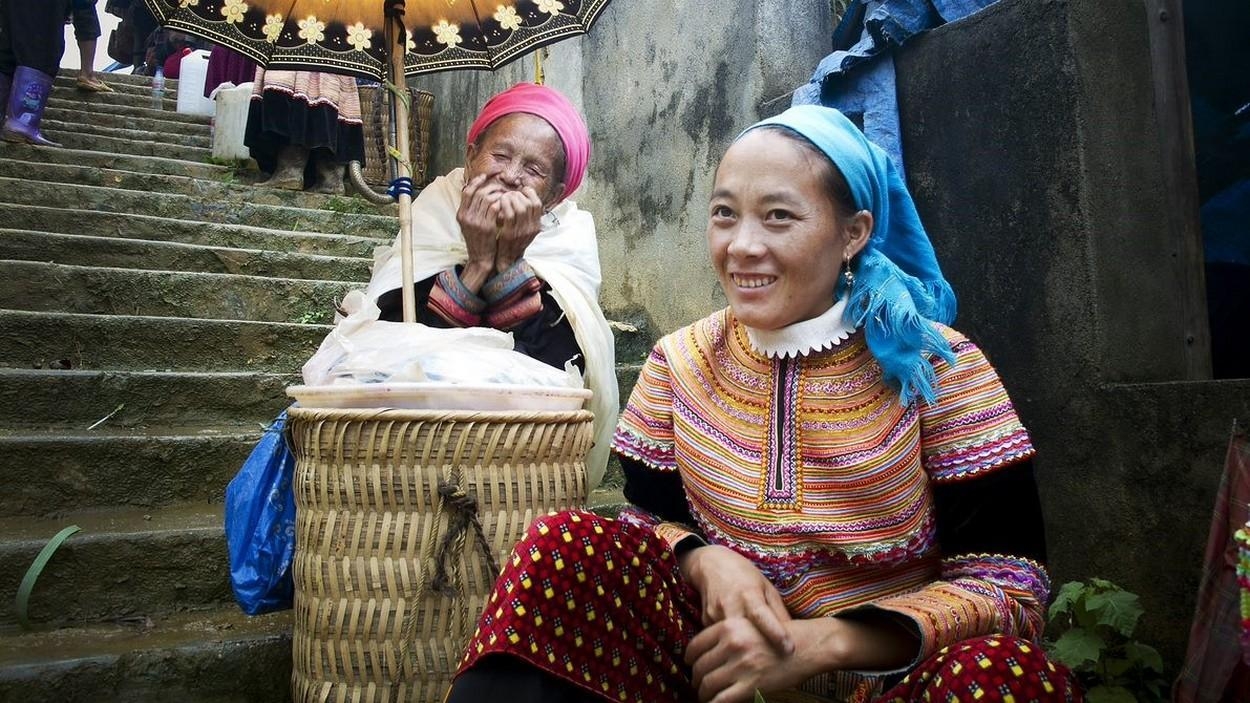
As we celebrate this year’s Women’s Entrepreneurship Day on 19 November, we do so with the awareness that our region is still far from creating an environment where women entrepreneurs can flourish every day. Put quite simply, women must flourish as decision makers and as businesspersons if countries are to succeed with rebuilding after the pandemic and achieving the Sustainable Development Goals. With the reduced fiscal space, no country can afford to forego advancing gender equality that could add as much as $4.5 trillion annually to the region’s GDP by 2025.
But to grasp this opportunity, countries will need to overcome the challenges faced by women in their pursuit of entrepreneurship. Women’s limited access to information and communication technology, discriminatory legislative frameworks and cultural and social norms all impede women’s ability to start, sustain and upscale their businesses.
As does women’s lack of access to finance. The financing gap for women entrepreneurs remains as high as $6 billion in certain countries of the region. As elaborated by the Honorable Minister of Women Affairs of Cambodia at a panel discussion organized by ESCAP and ILO to celebrate Women’s Entrepreneurship Day – while 61 per cent of businesses in Cambodia are owned by women, only 3 per cent of them have access to loans from formal financial institutions. Additionally, the disproportionate distribution of unpaid care and domestic work at the household level constrains women from engaging in productive entrepreneurial activities.
For women entrepreneurs the past two years have only brought more challenges. The micro, small and medium enterprise (MSME) sector has been the hardest hit in the aftermath of the pandemic and women entrepreneurs have suffered a disproportionate loss of economic security.
ESCAP’s recent study on the impact of COVID-19 on MSMEs in Viet Nam revealed that women-led MSMEs were twice as likely to have suspended some or all of their normal business activities as compared to those led by men. Across the region, enterprises run by women tend to be concentrated in the informal, micro or most economically vulnerable sectors, such as the garment, accommodation, and food and beverage industries – all of them severely affected by the pandemic. This is the segment that needs extraordinary focus.
COVID-19 has also exacerbated existing challenges and risks. The barriers in accessing finance became more pronounced as women-led MSMEs in countries across Asia and the Pacific found it harder to access funding support due to issues around complex procedures and official documentation. The internet user gender gap also affected the ability of women entrepreneurs to leverage technology and alternate business models during the pandemic.
During these trying times for women entrepreneurs, ESCAP’s programme on Catalyzing Women’s Entrepreneurship (CWE), supported by the Government of Canada, has become even more of a lifeline. The programme addresses three fundamental barriers that hinder the growth of women-led businesses: access to finance; digital and business skills; and an enabling policy environment.
The programme is improving access to finance by helping move financing mechanisms beyond profit to include women’s economic empowerment. For example, the programme supported the world’s first bond focussed on positively impacting women’s livelihoods. The programme has also developed innovations at the intersection of finance and technology for example through the ESCAP/UNCDF-supported FinTech Challenge Fund that is helping tech start-ups to improve access to finance for women entrepreneurs.
The programme is also promoting digital skills through a range of digital finance and e-commerce solutions such as a digital bookkeeping app in Cambodia and training on e-commerce and digital skills in other countries. This has helped women entrepreneurs to reposition their businesses and build back not only better but more agile, more capable and better prepared for shocks. It was encouraging to hear Vanessa Seow, Vice President of Lazada, say that increasing access to e-commerce opportunities for women could add up to an additional $280 billion to the economy of South-East Asia between 2025 and 2030.
Thirdly, the programme is fostering a strong policy and institutional environment. National SME policies across our partner countries have been revised and agencies overseeing SMEs and gender ministries helped to lead policy reforms addressing the challenges faced by women entrepreneurs. In Viet Nam, in partnership with the Ministry of Planning and Investment, the current SME law has been re-evaluated and a new decree with targeted provisions for women-led SMEs is being developed.
Solving the complex problems confronting our region’s women entrepreneurs will need a new, collaborative and networked approach with partnerships bringing together governments, women entrepreneurs and associations, the private sector, UN agencies and funding partners. As Maneesha Chadha from J.P. Morgan said, the private sector has the potential to bring in catalytic funding, innovation, digitalization and inclusive procurement across the value chain for women-led businesses. However, the strength of various actors must be leveraged to remove the multiple barriers to women’s entrepreneurship.
No country can overlook the contribution of women entrepreneurs to COVID recovery and to putting the region on a path towards inclusive, resilient and sustainable development.
 Kaveh Zahedi
Kaveh Zahedi
Deputy Executive Secretary for Sustainable Development

